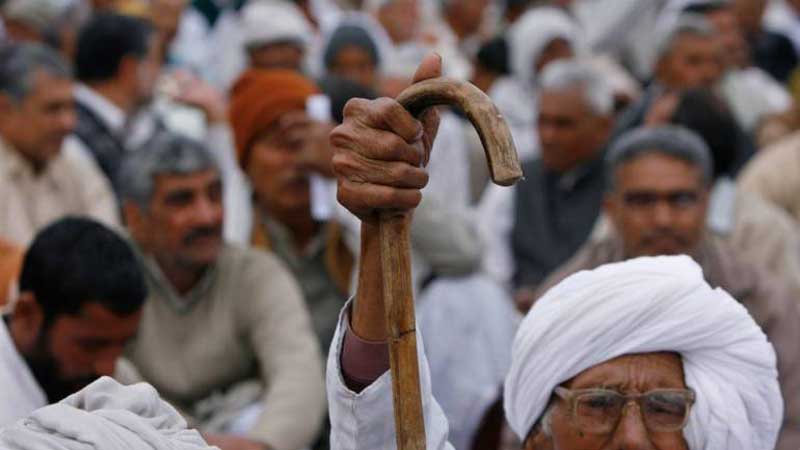UNITED NATIONS, Apr 17: The share of older persons, those aged 60 years or above, in India’s population is projected to increase to nearly 20 per cent in 2050 and the country said equipping people in earlier age cohorts will help them remain in good health and involved in the community throughout the ageing process.
The percentage of the senior citizens in India’s population has been growing at an increasing rate in recent years and the trend is likely to continue, First Secretary in India’s Permanent Mission to the UN Paulomi Tripathi said Monday during an open-ended Working Group on Ageing here.
“We live in a world where people live longer than ever before. It is estimated that by 2050, there will be more people older than 60 years than those below 15 years,” Tripathi said.
“The share of population over the age of 60 is projected to increase from 8 per cent to nearly 20 per cent in 2050. Fulfilling needs for services and social protection for senior citizens, protection of their rights and enabling them to contribute in the development process are priorities for India,” she said.
Emphasising that ageing is irreversible and inevitable, Tripathi said “we must better equip people in earlier age cohorts, so that they remain in good physical and mental health and continue their involvement in family and community throughout the ageing process.”
Stronger partnerships between civil society, community and families are necessary to complement the actions taken by Governments in this regard, she added.
The adoption of 2002 Madrid International Plan of Action on Ageing provides a roadmap for addressing challenges of an ageing society and realisation of human rights of older persons. The 2030 Agenda also recognises the importance of realizing their full potential and their contribution for inclusive development.
The Madrid International Plan of Action adopted at the Second World Assembly on Ageing in 2002 offered a bold new agenda for handling the issue of ageing in the 21st-century. It focused on three priority areas: older persons and development; advancing health and well-being into old age; and ensuring enabling and supportive environments.
The UN said that as fertility rates decline, the proportion of persons aged 60 and over is expected to double between 2007 and 2050, and their actual number will more than triple, reaching two billion by 2050. In most countries, the number of those over 80 is likely to quadruple to nearly 400 million. “We need timely action based on the existing global framework and ensure that action should not fall behind this demographic trend. Increased investments, political will and addressing gaps in data and statistics are key to concerted response,” she said.
According to the State of World Population 2019 report by the United Nations Population Fund (UNFPA), released last week, India’s population in 2019 stood at 1.36 billion, growing from 942.2 million in 1994 and six per cent of India’s population was of the age 65 and above. (PTI)


